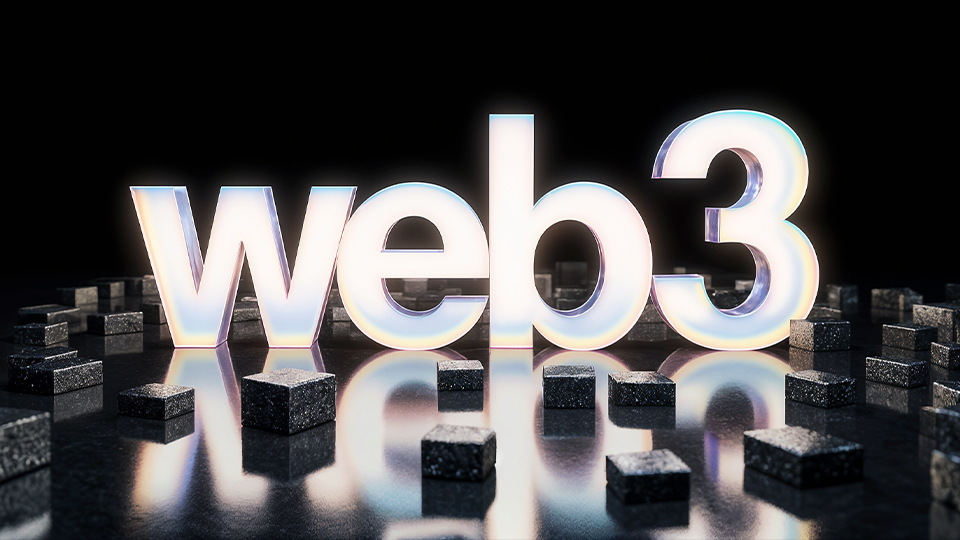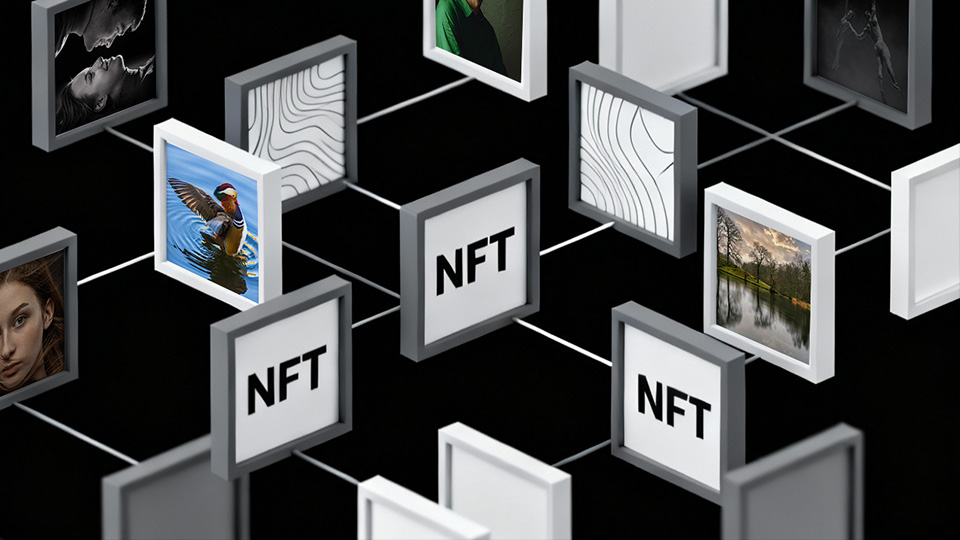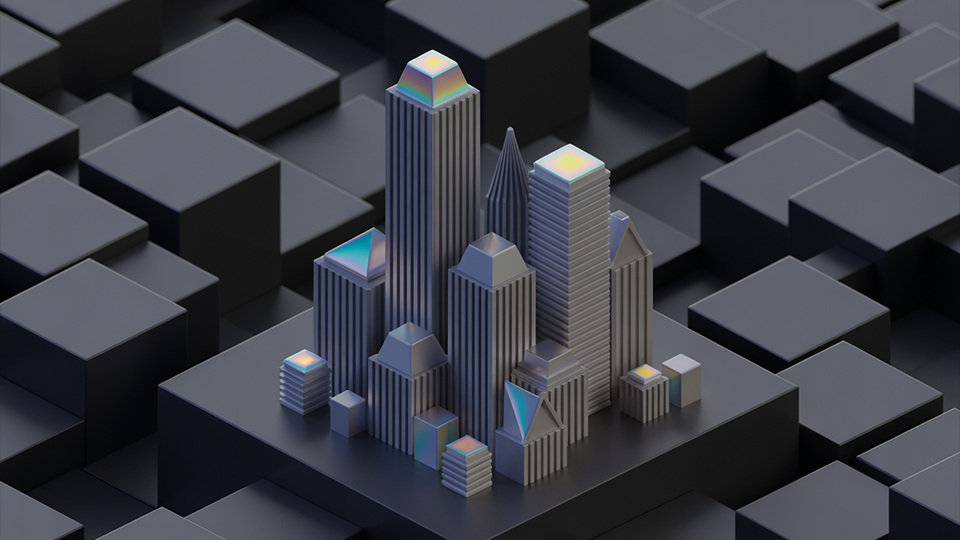Exploring the Advantages of RWA Tokenization
Real-World Asset (RWA) tokenization is becoming a powerful force for innovation. By converting tangible assets such as real estate, fine art, or commodities into blockchain-based digital tokens, RWA tokenization introduces new efficiencies, transparency, and investment opportunities across various industries.
Improved Liquidity
Traditional real-world assets are often considered illiquid because selling them can be complex, time-consuming, and costly. For example, selling a piece of commercial real estate could take months and require multiple intermediaries. Tokenization addresses this by dividing assets into smaller, tradable units that can be bought and sold more easily. Investors no longer need to commit to purchasing an entire asset; instead, they can buy fractional shares. This flexibility significantly enhances liquidity, allowing both asset owners and investors to react faster to market opportunities.
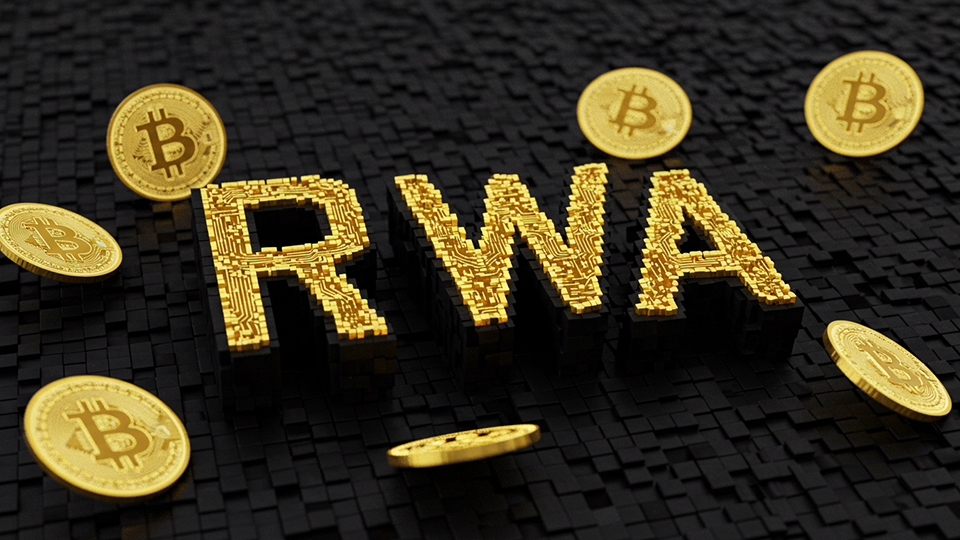
Greater Accessibility
High-value assets have historically been available only to wealthy individuals or institutional investors. RWA tokenization changes this dynamic by lowering the financial threshold for entry. By breaking down expensive assets into smaller ownership units, tokenization enables a much broader range of investors to participate. This opens the door for individuals to diversify their portfolios across multiple asset types—including those that were once out of reach—such as luxury real estate, fine art, or rare collectibles.
Enhanced Transparency and Trust
Blockchain technology ensures that every transaction and every change in asset ownership is recorded on a secure, immutable ledger. This transparency makes it easier for investors and asset owners to verify the authenticity, history, and ownership of an asset. Additionally, smart contracts can automate verification processes, minimizing the risks associated with manual errors and fraud. The ability to trace and audit transactions in real-time promotes greater trust in the marketplace and reduces the reliance on intermediaries to validate asset legitimacy.
Increased Efficiency and Reduced Costs
Traditional asset transfer processes often involve multiple parties, such as brokers, lawyers, and regulatory agencies, each adding layers of paperwork, time, and expense. Tokenization streamlines these processes through the use of blockchain and smart contracts, which can automatically enforce terms and execute transactions without the need for intermediaries. As a result, settlement times are reduced from days or weeks to mere minutes, and transaction costs are significantly lowered. This improved efficiency benefits all participants by simplifying ownership transfer and reducing administrative burdens.
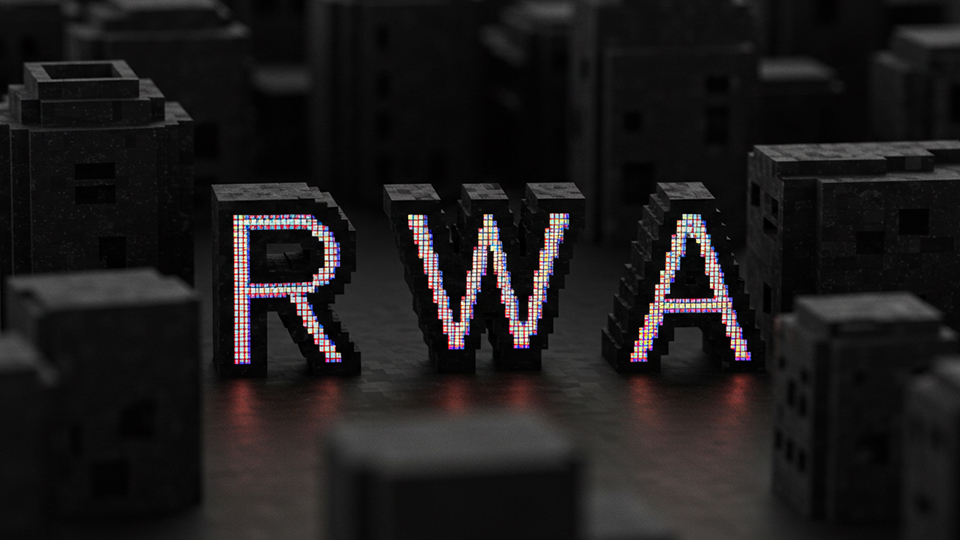
Global Reach
Tokenized assets are accessible from anywhere in the world, transcending traditional geographic barriers. Investors from different countries can participate in markets they would otherwise be excluded from due to regulatory, logistical, or financial limitations. Moreover, tokenized markets often operate 24/7, unlike traditional financial markets that follow local business hours. This constant accessibility allows a much larger and more diverse pool of investors to engage with tokenized assets, potentially increasing demand and stabilizing asset valuations through broader participation.
New Revenue Opportunities
The flexibility of tokenized ownership models enables new possibilities for generating income. For example, tokenized real estate could be structured so that fractional owners automatically receive rental income through smart contracts. Similarly, fine art tokenization could allow multiple owners to benefit from exhibition fees or licensing rights. These new revenue streams provide investors with more ways to realize returns on their investments beyond simple asset appreciation, encouraging more creative business models and partnerships.

